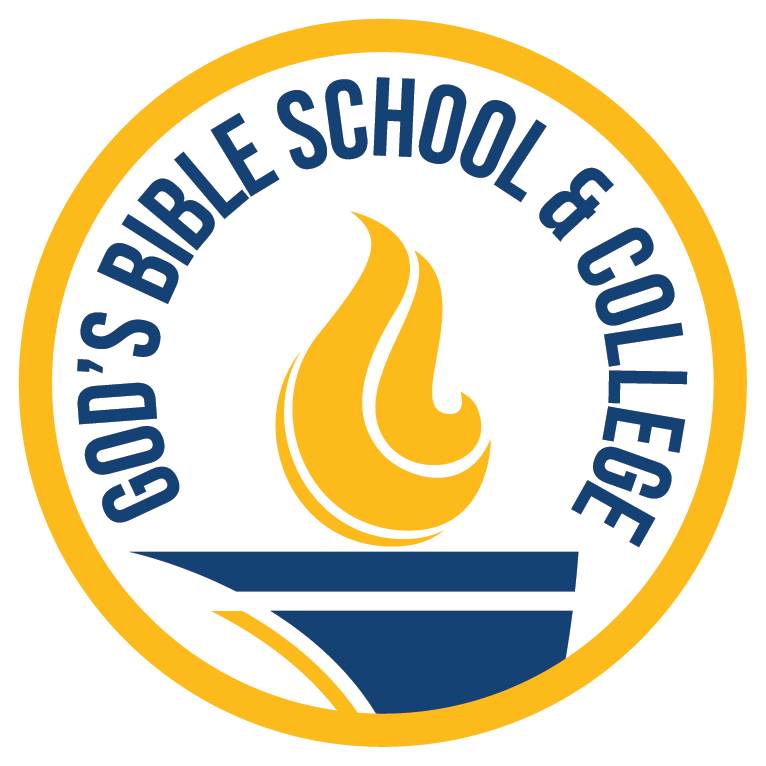Creation, Science, and the Problem of Pain
PRTH 572
Summary
Explore the Creation, Science, and the Problem of Pain
course and what you can expect to learn through the semester.
Course Overview
Creation, Science, and the Problem of Pain analyzes how various approaches to origins, hermeneutics, science, and authority impact our understanding of the problem of evil.
Until the early 1800s the Church universal predominantly viewed the opening chapters of Genesis as conveying actual historical events. This majority view long held that a literal Adam and Eve defied God’s authority in space and time, with both moral and natural evils resulting from this Edenic disobedience. Yet even before Darwin—largely in response to the advent of uniformitarianism—daring new proposals arose, suggesting that pain, disease, and death, etc. were always part of God’s “very good” created order.
This course places a high premium on comparing and contrasting those novel proposals with theodicies from the patristic period through modern-day evangelicalism. In highlighting and contrasting earlier models of theodicy, critical parallels and applications will be noted in contemporary Christendom.
Textbooks
- See the current booklist.

Professor: Dr. Thane Ury
Assignment Overview
A diverse array of readings will expose class participants to the key thinkers, responses, and counter-responses to the problem of evil in relations to several creational models.
Weekly assignments are designed to direct students through the various course materials, both to digest previous material covered and prepare for upcoming course content.
Lectures and an assortment of auxiliary materials (videos, articles, mp3s) will complement course textbooks.
Students will conduct a major research project (20-25 pages) germane to course content.
Intended Outcomes
Knowledge of
- How Genesis 1-11 is foundational for a sustainable theodicy.
- Various models of exegesis, authority, and theodicy used since the Early Church.
- Contrasting responses to paleo-natural evil by early traditionalists and accommodationists.
- Key scientific data points (e.g. geologic record, dating methods, paleontology, and even the scientific method) as they impinge on discussions in theodicy.
Ability to
- Assess various models of exegesis, authority, and theodicy used since the Early Church.
- Engage in a hermeneutic of retrieval regarding forgotten or ignored literature of the controversy.
Appreciation for
- The necessity and obligation we have in maintaining a normative grammatical-historical hermeneutic in matters of controversy (origins, abortion, homosexuality, etc).
- The need for diligence in distinguishing between real science and mere assertion; between settled science and scientism; between the empirically undeniable and methodological naturalism.
